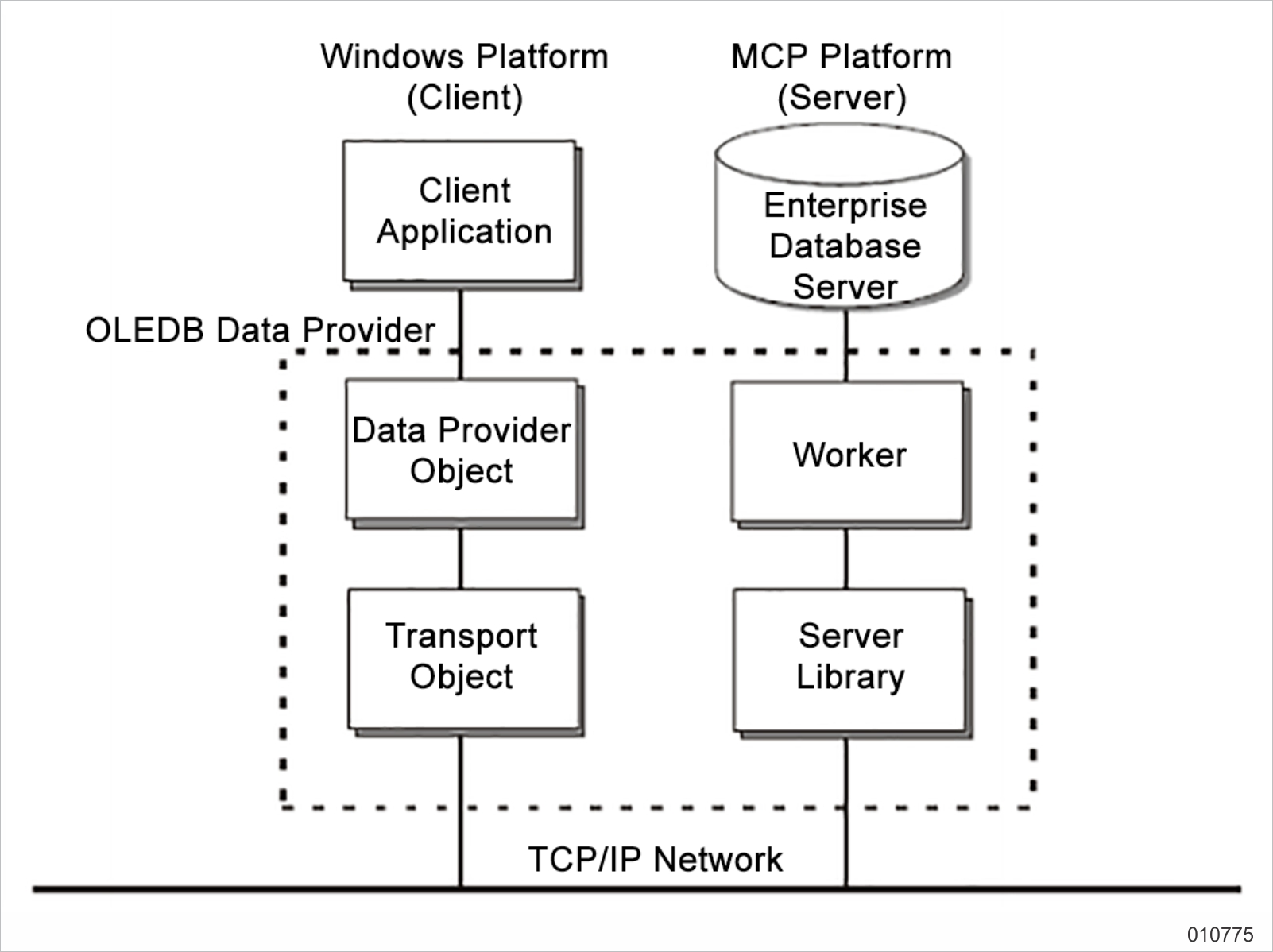Trick Features to Try To Find When Selecting a Data Source copyright
Picking a database copyright is an essential decision that can significantly influence your organization's information and procedures management strategy. Amongst the essential features to think about are scalability alternatives, which ensure that your system can adapt to expanding needs. Security steps, efficiency metrics, and consumer support additionally play critical duties in this examination process. As you consider these aspects, it ends up being evident that the choice is not simply about functionality but additionally concerning aligning with your long-lasting vision. What various other factors to consider might influence this important decision?
Scalability Options
When choosing a data source provider, understanding scalability choices is important to making certain that the chosen remedy can suit future growth. Scalability refers to the ability of a database system to expand its ability and efficiency in response to boosted need. There are two main kinds of scalability: vertical and straight.
Upright scalability, or "scaling up," entails improving a single server's sources, such as CPU, RAM, or storage space. This strategy can be straightforward and affordable for smaller sized applications yet may reach a limitation where better upgrades are unwise or too expensive.
Straight scalability, or "scaling out," includes adding extra web servers to distribute the tons. This strategy permits better versatility and can suit considerable increases in data quantity and customer traffic (database provider). It is especially valuable for cloud-based data source solutions that can dynamically designate sources based upon need

Protection Measures

When examining safety measures, think about the application of security methods (database provider). Data-at-rest and data-in-transit file encryption are vital to make certain that sensitive info stays secured, also in case of a safety breach. Furthermore, seek carriers that offer strong verification mechanisms, such as multi-factor authentication (MFA), to better boost gain access to control
Normal safety audits and conformity with market requirements, such as GDPR or HIPAA, are indicative of a copyright's dedication to information security. Furthermore, ask about their event feedback strategy; a robust strategy can reduce the effect of any prospective protection event.
Performance Metrics
Evaluating performance metrics is essential for organizations to make certain that their chosen data source service provider fulfills operational requirements. Trick performance metrics include response throughput, time, and scalability, which collectively determine the effectiveness of data source operations under differing loads.
Feedback time is essential, as it mirrors just how quickly the database can refine questions and return results. Organizations needs to search for metrics that suggest ordinary action times during peak and off-peak hours. Throughput, typically determined in deals per second (TPS), supplies insight right into the data source's ability to manage high volumes of demands without efficiency deterioration.
Scalability assesses the data source's capacity to expand with the company's needs. A robust database copyright need to show horizontal and upright scaling capabilities, permitting seamless changes as needs vary. Additionally, comprehending latency, particularly in dispersed systems, can help companies review the responsiveness of the data source across different geographical areas.
Consumer Support
Dependable customer support is a foundation of efficient data source monitoring, offering organizations with the assistance required to settle concerns and maximize efficiency. When choosing a database supplier, assessing the level of client support they supply is essential. A durable support system need to include numerous channels this website of interaction, such as phone, e-mail, and live conversation, making certain that individuals can access assistance whenever they require it.
Furthermore, receptive assistance groups that are available 24/7 greatly enhance the dependability of the data source service. Prompt reaction times and effective resolution of concerns can significantly decrease downtime and increase general productivity. It is also useful to think about the availability of committed support employees, who can offer tailored aid based on an organization's particular demands.

Prices Structure
When thinking about a data source supplier, the pricing structure is a pivotal element that can significantly affect a company's budget and general strategy. A flexible and transparent rates model is vital for straightening the database costs with organization needs - database provider. Organizations must review whether the pricing is based on usage, per customer, or a level rate, as each design can generate various financial implications gradually
It is essential to analyze any type of extra prices related to the service provider's services, such as information storage space costs, purchase costs, and support charges. Some suppliers might supply tiered rates, allowing scalability as the organization grows, while others might impose strict limitations that might end up being expensive as information demands boost.
Additionally, companies need to take into consideration the long-term value of the data source remedy. While reduced first rates can be enticing, they might not represent future upgrades, upkeep charges, or combination expenses. Conducting an extensive cost-benefit click resources analysis will help identify the most ideal rates framework that balances efficiency, scalability, and assistance, eventually ensuring that the selected database copyright straightens with the organization's functional and financial objectives.
Conclusion
In conclusion, picking a data source company necessitates mindful factor to consider of various crucial attributes. Scalability choices guarantee flexibility to future development, while robust protection procedures safeguard delicate info. Evaluating efficiency metrics enables the recognition of efficient data sources, and available consumer support boosts the general customer experience. A transparent rates structure better contributes to educated decision-making. By completely analyzing these elements, companies can make tactical selections that align with their long-lasting purposes and operational requirements.
Picking a data source service provider is an essential decision that can considerably affect your company's procedures and data administration method.When picking a data source service provider, comprehending scalability choices is critical to ensuring that the chosen service can fit future growth. When choosing a data source supplier, reviewing the degree of consumer assistance they supply is essential.When considering why not check here a database provider, the pricing structure is a critical element that can considerably impact an organization's budget and overall strategy. Conducting a thorough cost-benefit analysis will certainly aid identify the most ideal prices structure that balances scalability, support, and efficiency, eventually making sure that the selected database copyright straightens with the organization's financial and functional purposes.
Comments on “Exactly how to Examine and Select a Reliable Database Provider”